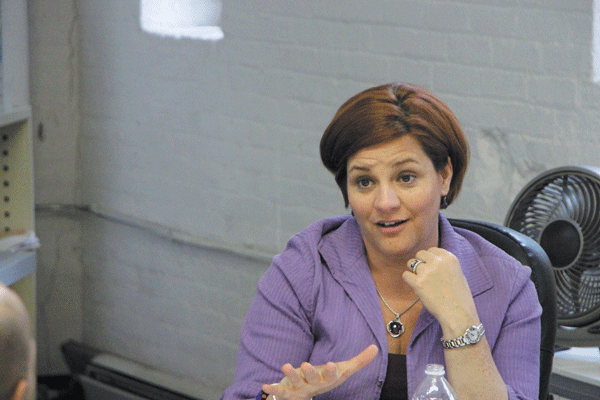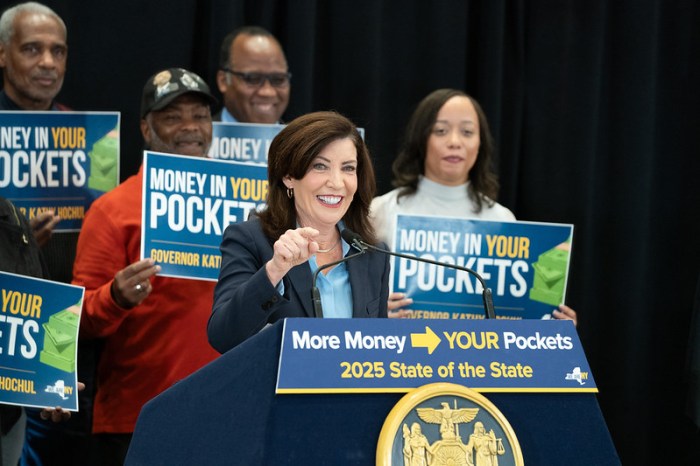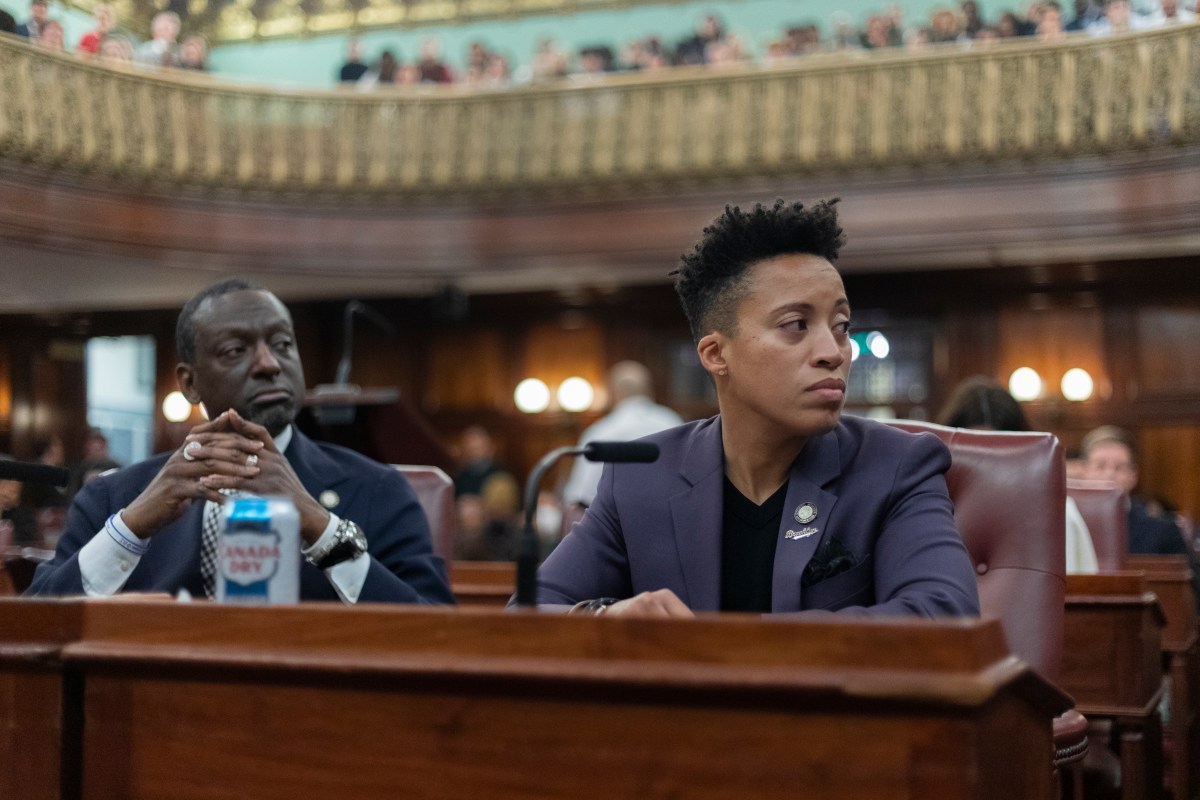
Though it’s been nearly 20 years since New York’s last Democratic mayor left office, the party’s September 10 primary and a runoff likely to follow on October 1 could well decide who leads the city over the next four years. The stakes couldn’t be higher. Over the past two decades, New York has seen extraordinary reductions in crime — but the city wrestles with fundamental questions about how policing is carried out as well as critical challenges regarding affordable housing, schools, healthcare access and public employee union contracts.
In choosing a Democratic mayor who can provide the leadership their administration and the city need to succeed, voters must look beyond the campaign’s easy sound bites and simplistic assumptions about who each candidate is and is not. We also urge voters to make their decisions based on a candidate’s potential effectiveness and overall merits, instead of where that candidate falls on the scale of any single-issue litmus test.
It is always tempting to settle on the candidate who can help us imagine a world in which the policy choices are consistently unambiguous and doing the right thing is the option right in front of us. Progressive voters, however, must not forget the overriding importance of finding a leader with whom they can do business. From a field that includes several candidates who are intelligent, progressive and impassioned about making a difference, we won’t pretend the choice is easy — but that is what elections are all about.
Our choice is the candidate with the fortitude to translate lofty ambitions into workable solutions, and the negotiating skills to broker compromise between stalled parties. Our choice is a longtime Chelsea resident who, in public and behind the scenes, has been an effective advocate for tenant rights.
Our choice is Christine Quinn.
Throughout the campaign, Public Advocate Bill de Blasio and Comptroller John Liu have made the most explicit arguments for electing a mayor who offers a sharp point of departure from the 12-year incumbent, Michael Bloomberg. Those two, as well as former Comptroller Bill Thompson and former Congressman Anthony Weiner, make a related point as well — that the City Council should never have altered term limits in 2009 to allow Bloomberg to seek a third term in the first place. At forum after forum, this has been central to the case against Quinn, who as Council speaker could have halted the mayor’s third term bid dead in its tracks.
In an election likely to provide the city with a marked political reset, these five Democrats share broad philosophical agreement on critical issues — including civil rights, economic justice, healthcare, education and police-community relations.
On all these issues, the Democratic field offers clear alternatives to the worldview that Bloomberg and his predecessor, Rudy Giuliani, brought to their administrations. We voice strong disagreement with the role Quinn played in altering term limits. It is a black mark that will never be erased from her record of public service. That said, we also believe that Quinn is neither in the shadow, nor the pocket, of Michael Bloomberg.
Much of the other criticism Quinn faces from her opponents is based, in one way or another, on a factor for which she ought not be penalized — her role as the second most powerful elected official in the city, which involved responsibilities and risks far greater than those faced by any other candidate in the mix.
Critics and her rivals have revived discussion about the closing three years ago of St. Vincent’s Hospital, where the state health department was the final arbiter and mismanagement and lack of transparency on the part of the hospital had fatal consequences. What’s lost in the St. Vincent’s debate is any acknowledgement that hospitals have been closing all over the city in recent years. More helpful than election year protests outside imperiled institutions would be an honest discussion about a plan to reengineer the city’s health care system.
Quinn catches flak for moving slowly on paid sick leave legislation, which guarantees time off with pay for employees of any business with more than 20 — and eventually 15 — employees. Critics say she wouldn’t have moved at all but for the skilled efforts of advocates who made inaction politically unpalatable. But that’s the case with any important social or economic reform.
The City Council in recent budgets has been stalwart in protecting funding for LGBT homeless youth. That’s to their — and Quinn’s — credit, but no one should pretend that determined advocacy from outside government wasn’t the driver. Quinn’s leadership came in working with those advocates, something she did as a Council staffer early in the Giuliani years to save AIDS services and a decade later in the effort to win nondiscrimination policies from contractors doing business with the city. In this campaign, she’s the only candidate putting forward new proposals on LGBT concerns — regarding both homeless youth and housing for seniors.
On police-community relations, Quinn demonstrates calibrated finesse. A critic of the NYPD’s excessive use of stop and frisk, she lent her voice to last year’s massive protest and will likely oversee the Council’s override of Bloomberg’s veto of an important package of reforms. Still, as speaker, she had day to day responsibility for working with the police, and even as she faulted Commissioner Ray Kelly on stop and frisk, the two crafted historic revisions in the department’s procedures for handling transgender suspects in NYPD custody.
Chelsea Now takes great pride in endorsing a candidate who would become New York’s first woman and first openly LGBT mayor. The accumulated life experiences and subsequent worldview particular to her gender and her sexual identity would be both welcome and utterly unique. They should not be a deciding factor, but certainly merit consideration.
It was Harvey Milk who led the fight 35 years ago to beat back a draconian proposal to fire all gay schoolteachers in California. It’s no accident that marriage equality won its first victory in the New York State Legislature under out gay Assemblyman Daniel O’Donnell’s leadership. And, in Texas, it is a woman, Democratic State Senator Wendy Davis, who has indelibly articulated what is at risk from that state’s assault on the right to choose and to healthcare access.
We gave great expectations that Quinn can bring unique and disciplined skills to the job of mayor, and we also hope all New Yorkers are prepared to hold her to that promise.




































